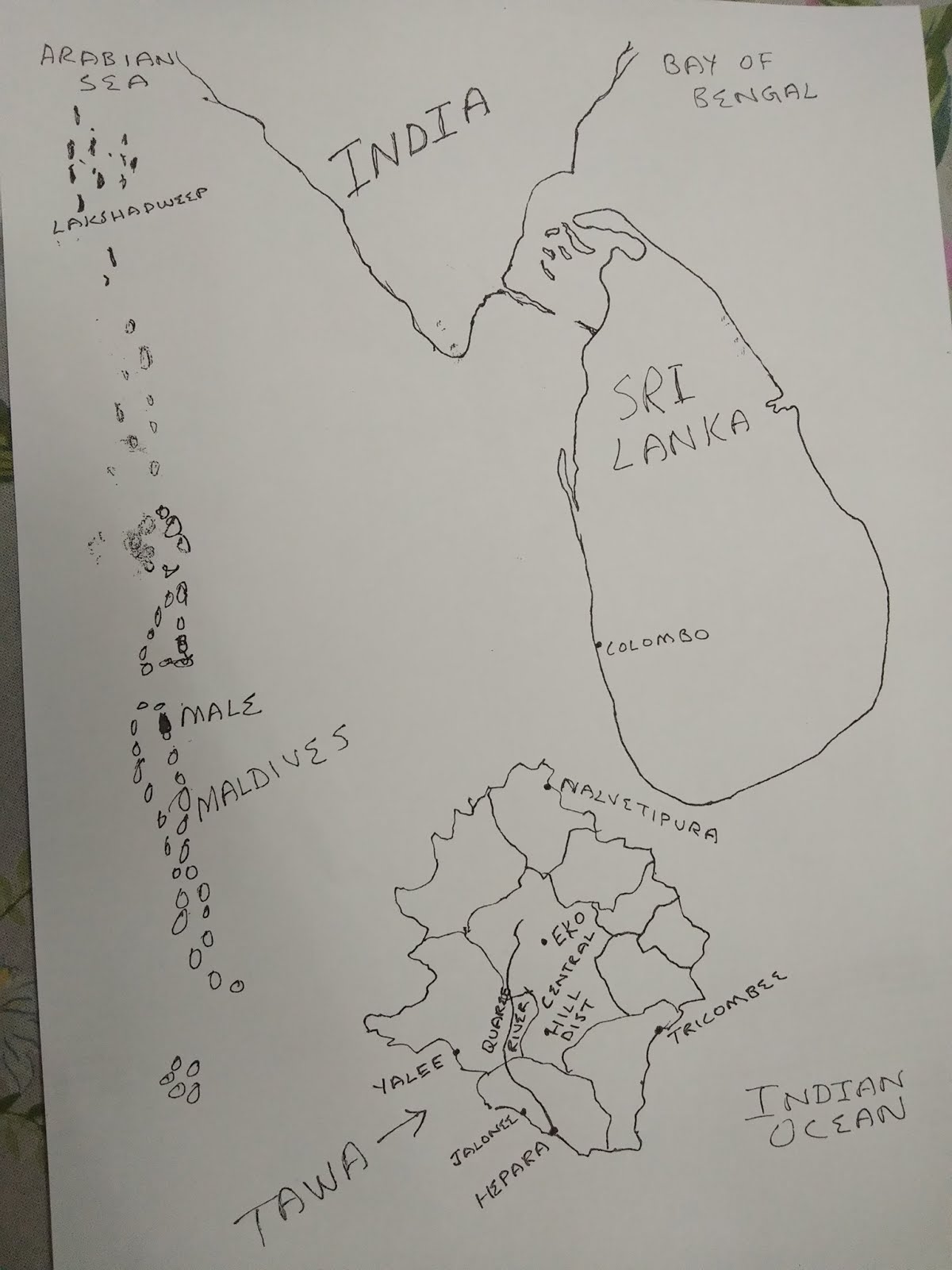Thursday 20 November 2014
Book Review: The Seasons of Trouble: Life Amid the Ruins of Sri Lanka’s Civil War by Rohini Mohan
Rohini Mohan, a young but celebrated journalist has come up with a book on Sri Lanka, yet another in a long list of recent releases which seek to understand why the fabled Serendib has had to undergo so much pain and suffering since its independence. In Mohan’s account, no one is blameless. Even the victims of Sri Lankan army’s torture are shown to be harbouring irrational animosity and distrust towards Sri Lankan Muslims who speak the same language (Tamil).
Divyan and Prashant, two ex-LTTE fighters are incarcerated by the Sri Lankan army after the Sri Lankan civil ended. During their imprisonment, the men are repeatedly interrogated and tortured. After their release, they struggle to find gainful employment in a Sri Lanka where there seems to be very few avenues open to Tamils. Employers prefer Sinhalese and even infrastructure projects in the north refuse to employ the two Tamil men who are very keen to find some work. I found the inability to find employment or otherwise earn a decent livelihood subsequent to their release from the detention centres to be much more painful and cruel than the torture and interrogations they faced when in custody. In other words, there is total absence of hope for the relatively young men, who nurse a number of wounds and scars, not all of which are physically manifest.
Sarvanatha Pereira is a Sri Lankan Tamil who grew up-country in Nuwara Eliya, a fluent Sinhala speaker to boot. However, his ability to speak Sinhalese and surname which enables him to pass for a Sri Lankan, only leads to trouble, since he is suspected to be a spy. What I liked best about The Seasons of Trouble was the way Mohan unspooled Sarva’s tale slowly, maintaining an element of suspense throughout. Until I covered more than half the book, Mohan kept me wondering if Sarva had been in the LTTE, as accused by the government thugs who abducted him. As Sarva flees to a Western country for asylum, one can’t help but root for him and hope that he is successful. With this too, Mohan keeps her readers guessing till the end.
In multi-cultural Sri Lanka, the Sinhalese and Tamil have lived in isolated cocoons with very little interaction with each other. Schools are either Sinhalese or Tamil or Muslim and most Sri Lankans are mono-lingual. Mohan tells us that “In Sarva’s homeland, the hard-driven Tamil plantation worker was deemed okay but not the Tamil university student protesting discrimination. The happy-go-lucky Burgher with his glass of whiskey passed muster, but not the Burgher with a government job. The trading Muslim was fine, but not the praying Muslim. The devout Sinhala Buddhist was all right, but not the inquisitive one. These groups had to fit in, flow into the crevices the majoritarian state created for them.”
Mohan tells us that the LTTE, which had once expelled 72,000 Sri Lankan Muslims from the Northern Province, was no less cruel than the Sri Lankan army which ultimately defeated it. The LTTE used to forcibly conscript children and used them as cannon fodder. Its propaganda was everywhere, including in schools and colleges. After the end of the war, the Sri Lankan army has been deployed in strength in the captured north. Sinhala classes have been made compulsory for everyone, though Tamil is not taught to Sinhala students in the south. Mugil, a former LTTE combatant, finds that her son has a Sinhala teacher who does not know any Tamil, who teaches her pupils Sinhala songs by rote. The students are unable to form a single original sentence in Sinhala.
Of course, there are glimpses of hope. Many of the aid workers helping Sarva and others like him are Sinhalese. Mohan reiterates that there are alternatives, imperfect though they might be.
The only place where I found myself disagreeing with Mohan was when she casually mentioned that Hamas had trained some Tamil militants in the eighties. As far as I know, the LTTE and other Tamil insurgent outfits had ties with the PLO and certain Kurdish groups. I am reasonably sure that no Sri Lankan Tamil outfit has collaborated with any fundamentalist Islamist group, including Hamas. In any event, Hamas was founded in December 1987.
Mohan writes well, in simple English which is to the point, as she tells her readers one of the saddest stories the world has ever heard. As the book ends, Mohan tells us how the Bodu Bala Sena has started to target Sri Lankan Muslims. Unfortunately, Mohan is not a fiction writer and The Seasons of Trouble is a true story.
Subscribe to:
Post Comments (Atom)







No comments:
Post a Comment